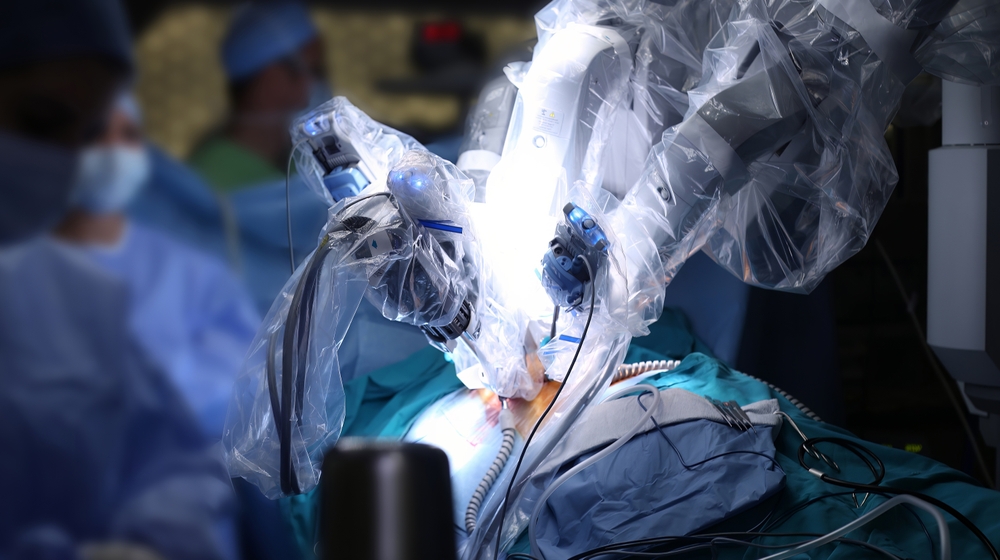
Top Myths about Knee Replacement Surgery Debunked
Knee replacement surgery is becoming increasingly popular as a treatment for knee pain and disability. It involves removing damaged or diseased cartilage and bone from the knee joint and replacing it with an artificial metal or plastic joint. While knee replacement surgery can provide significant pain relief and improve mobility, there are several myths surrounding the procedure that can create unnecessary fear or hesitation among patients.
In this article, we will debunk some common myths about knee replacement surgery and provide factual information to help patients make informed decisions.
Myth #1: Knee replacement surgery is only for elderly people.
One of the most common myths about knee replacement surgery is that it's only for elderly people. While age is a factor in considering knee replacement surgery, it's not the only one. The decision to undergo surgery should be based on the patient's level of pain, disability, and overall health, rather than their age.
In fact, younger patients may be more suitable for knee replacement surgery than older patients in some cases. For example, younger patients may have a higher activity level that puts more stress on their knees, leading to earlier joint damage. In such cases, knee replacement surgery may help them regain their mobility and continue their active lifestyle.
Moreover, the success rate of knee replacement surgery in younger patients is comparable to that in older patients. A study published in the Journal of Bone and Joint Surgery found that patients under the age of 60 had similar outcomes to those over the age of 60, with a 92% success rate after 10 years.
Myth #2: Knee replacement surgery is extremely painful.
Another common myth about knee replacement surgery is that it's extremely painful. While there is some pain associated with knee replacement surgery, it's typically manageable with pain medication and other techniques. Moreover, advancements in pain management have made the procedure less painful than it used to be.
For example, regional anaesthesia, which involves injecting an anaesthetic around the nerves that supply the knee, can provide effective pain relief without the side effects of general anaesthesia. Nerve blocks, which involve injecting an anaesthetic directly into the nerves that supply the knee, can also provide pain relief, and reduce the need for opioid pain medication.
In addition, patients are often given pain medication before and after surgery to manage their pain. Physical therapy and rehabilitation can also help reduce pain and improve mobility. With proper pain management, most patients are able to manage their pain and discomfort after knee replacement surgery.
Myth #3: Knee replacement surgery will restrict my activities.
Another myth about knee replacement surgery is that it will restrict a patient's activities. While some high-impact activities, such as running and jumping, may need to be modified or avoided, most low-impact activities are encouraged after knee replacement surgery.
In fact, one of the goals of knee replacement surgery is to alleviate pain and restore function, so patients can resume their normal activities. Patients are often encouraged to participate in low-impact exercises such as swimming, cycling, and walking to improve their strength and range of motion.
In addition, advancements in knee replacement technology have made it possible for patients to maintain an active lifestyle after surgery. Robotic-assisted knee replacement surgery, for example, uses a specialised tool to help the surgeon plan and execute the surgery with greater precision and accuracy. This can result in a more natural feeling knee and better function, allowing patients to resume their favourite activities with confidence.
Myth #4: Knee joint replacement surgery is a last resort.
Some people believe that knee joint replacement surgery should only be considered as a last resort when other treatments have failed. While knee replacement surgery is a major procedure, it's not always the last resort.
In fact, the American Academy of Orthopaedic Surgeons recommends that knee joint replacement surgery be considered when non-surgical treatments such as physical therapy, weight loss, and medications have not provided significant relief.
Moreover, delaying knee replacement surgery can lead to further joint damage and reduced mobility. Studies have shown that patients who undergo knee replacement surgery earlier during their condition have better outcomes and fewer complications than those who wait until their condition has significantly deteriorated.






